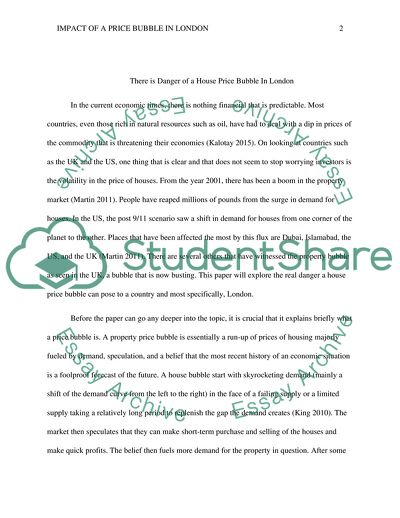There is Danger of a House Price Bubble In London Coursework - 1. https://studentshare.org/macro-microeconomics/1865375-there-is-a-real-danger-of-a-house-price-bubble-in-london-discuss
There Is Danger of a House Price Bubble In London Coursework - 1. https://studentshare.org/macro-microeconomics/1865375-there-is-a-real-danger-of-a-house-price-bubble-in-london-discuss.


